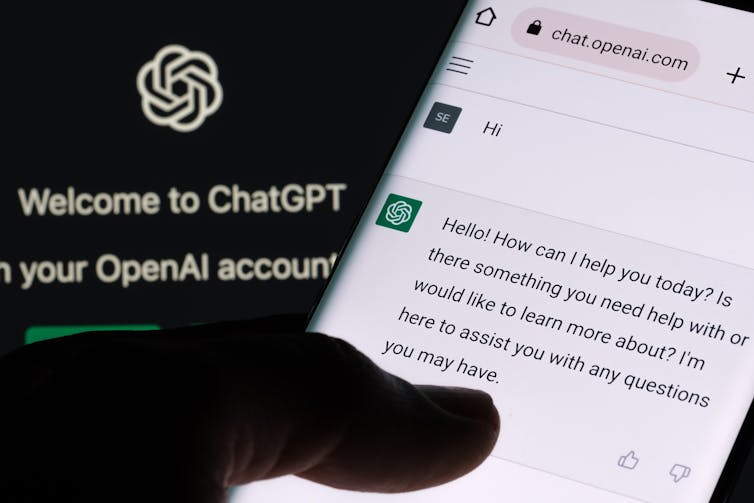Generative AI: The Next Evolution in the Transformation of Human Knowledge Through Technology

The Importance of Knowledge in Humanity
Knowledge is fundamental to human progress. It fuels innovations like space exploration, breakthroughs in medicine, and countless other advancements. It is our most precious asset, and its creation, sharing, and validation have shaped societies throughout history.
Transformations in Knowledge Sharing
Technology has continuously influenced how knowledge is communicated. From ancient clay tablets to today’s electronic devices, each advancement has transformed our access to information. We find ourselves at the onset of a new knowledge revolution, potentially more significant than previous milestones like the printing press and the digital age.
The Rise of Generative Artificial Intelligence
Generative artificial intelligence (AI) is reshaping the landscape of knowledge acquisition. With the ability to gather and summarize information from the internet in seconds, AI is revolutionizing environments from classrooms to corporate boardrooms. Its influence is readily apparent across various aspects of daily life and work.
The Printing Press: A Historical Milestone
The invention of the printing press in the 15th century by Johannes Gutenberg marked a pivotal moment in history. This innovation allowed for the mass production of texts at lower costs, making knowledge accessible to a broader population.
Prior to the printing press, knowledge was typically preserved through oral traditions and handwritten manuscripts. Ancient scribes held significant power, documenting laws, religious beliefs, and literature. However, the printing press democratized information, enabling a wider audience to engage with diverse ideas, thereby leading to profound societal changes during the Renaissance and the rise of the middle class.
The Digital Age and Its Impact
The arrival of computers and the internet facilitated a new age where countless individuals can share and access information almost immediately. In its early days, platforms like USENET allowed users to engage in unfiltered communication, effectively turning the internet into a vast repository of knowledge.
Despite the challenges of content moderation, the internet has remained a powerful platform for knowledge exchange. It operates as the largest open-access library, offering a multitude of resources for learning and collaboration.

The Role of Generative AI
Generative AI encompasses advanced models that generate human-like text, images, and other content. Examples include tools like ChatGPT and DALL-E. These technologies have the potential to serve as personal librarians, enabling users to receive concise answers without navigating through extensive databases.
AI is trained on vast datasets, allowing it to distill information across various disciplines seamlessly. However, it’s essential to be cautious; generative AI can occasionally produce inaccurate information or “hallucinate,” misleading users. The personalization offered by generative AI can adapt responses to fit individual preferences and learning styles, showcasing its tremendous potential as an equalizer in knowledge access.

Challenges and Considerations
While generative AI promises to enhance knowledge sharing, it raises questions about its impact on critical thought and collective intelligence. Reports indicate mixed outcomes regarding AI’s ability to nurture creativity or foster deeper understanding.
Concerns persist that reliance on AI could diminish our memory and critical thinking skills, a phenomenon some researchers identify as “digital amnesia.” Excessive dependence on technology may lead us to store less information in our minds, affecting our ability to engage with complex ideas.
Reflecting on wisdom from historical figures like Socrates, the challenge lies in acknowledging what we do not know. As we navigate the complexities of generative AI, the focus should remain on balancing our access to information with the need for independent, critical thinking.






